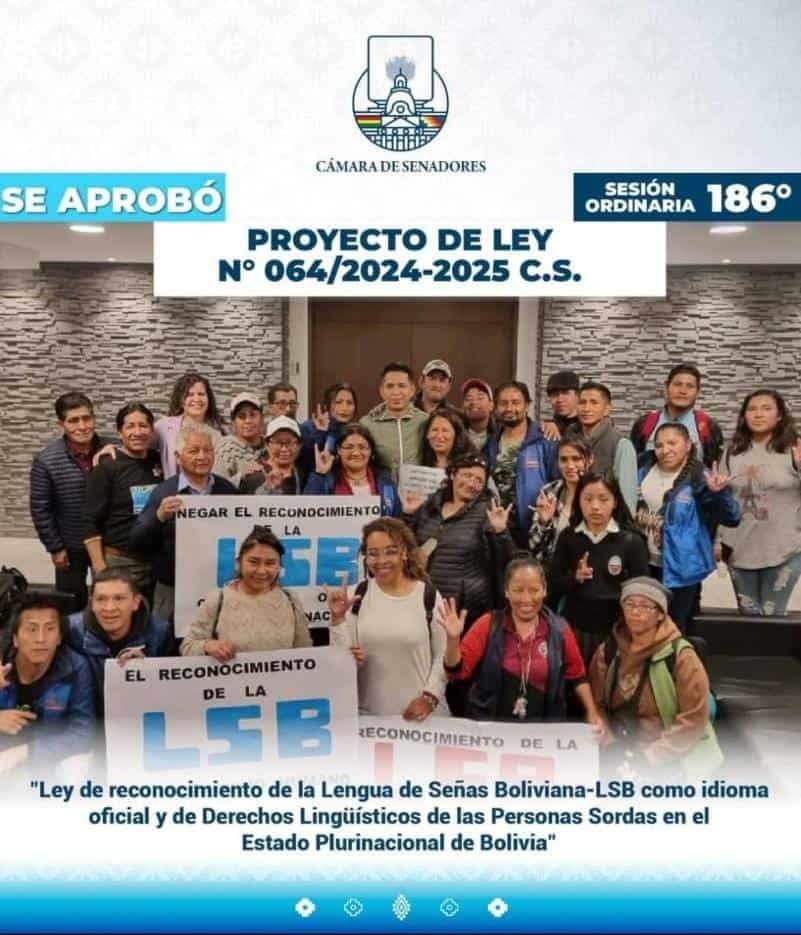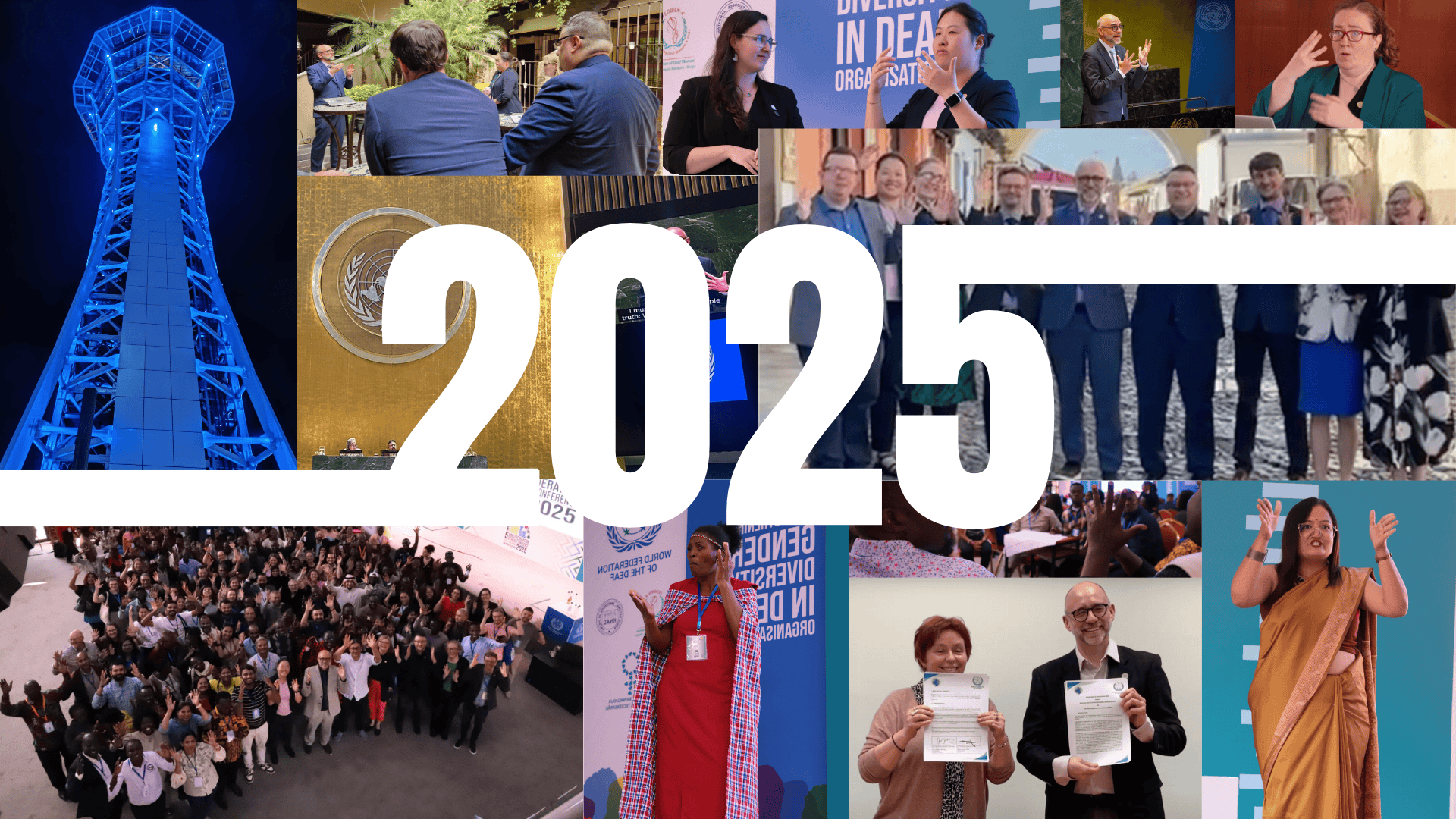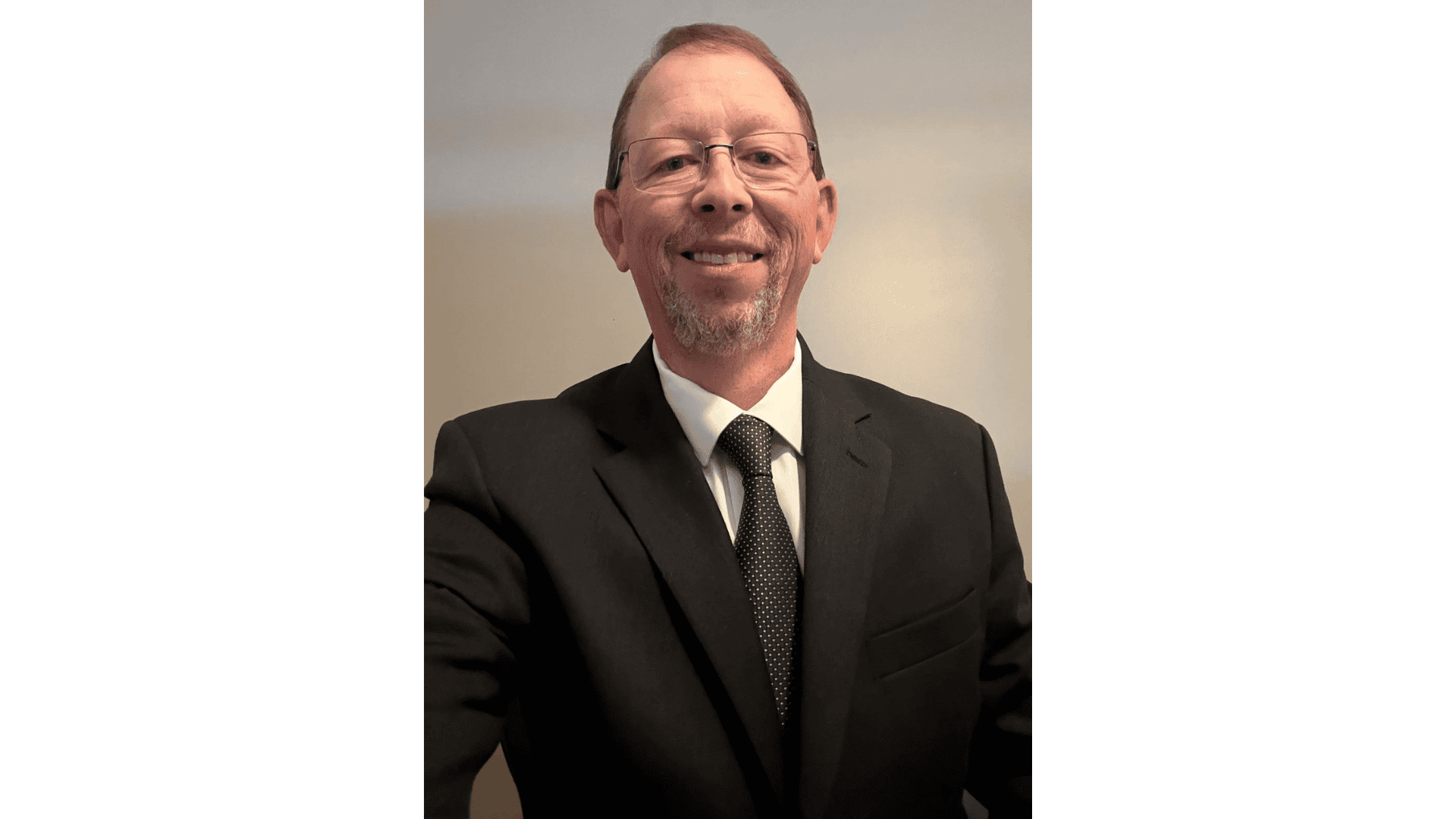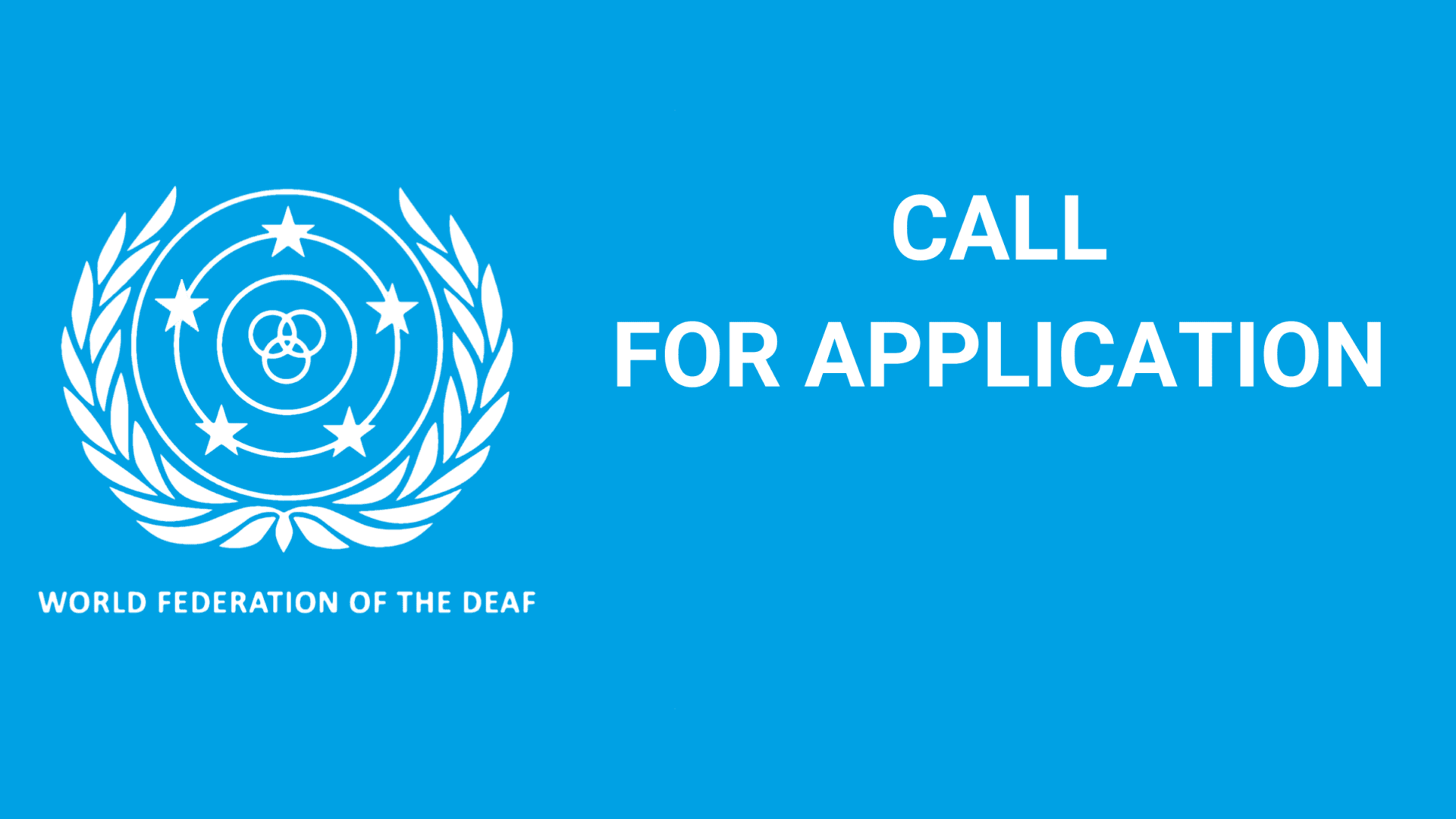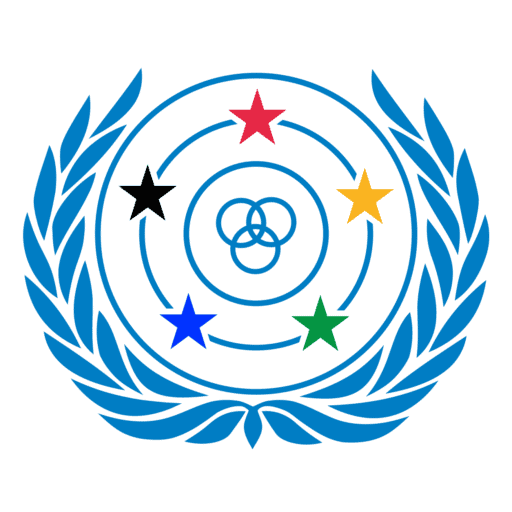My name is Dr. Joseph Murray and I am a board member of the World Federation of the Deaf (WFD) and Chair of its Human Rights Group. Our organisation is a member of the International Disability Alliance.
The WFD represents approximately 70 million deaf people around the world and has 133 national deaf associations as its ordinary members in all continents. The CRPD is very important tool for us and the global deaf community. The WFD has produced an International Sign translation of the CRPD and collected a list of national sign language translations of the CRPD that are available in our website. Unfortunately the CRPD is inaccessible for a majority of deaf community because there are only about fifteen national sign language translations available online out of 143 countries that are parties to the CRPD. Thus in 90% of these countries the CRPD is not accessible in sign language.
CRPD training
Access to the text of the CRPD is an important precondition. Deaf people need to understand the substance of the CRPD in order to be able to use it advance the human rights of Deaf people worldwide. The WFD strongly encourages international organizations, NGOs and DPOs to work with us on conducting CRPD training in sign language for national and regional deaf communities.
Since the 10th CRPD Session, the WFD has conducted human rights training for deaf leaders in El Salvador and Azerbaijan. This training in sign language has supported them to become aware of their rights per the CRPD. It has also allowed them to participate in national disability movements on a more equal basis. Training in sign language allows deaf people to have their contributions included in submissions to your Committee and assists with follow-up monitoring of national implementation of the CRPD Committees’ Concluding Observations. The WFD has noticed that CRPD trainings by deaf trainers in sign language have increased capacity of deaf leaders to participate in DPO submissions. We are committed to continue informing and training our member organisations to support the work of your Committee. National governments and other stakeholders should be obliged to ensure that the CRPD is accessible in sign language and that deaf people are aware of their rights.
Education
The WFD is pleased about recommendations adopted by your Committee to oblige States Parties to improve deaf education by ensuring that teachers of deaf students have adequate sign language skills. We would also like to commend your Committee member, Ms Ana Pelaez Narvaez for raising concerns of deaf people in the recent annual Interactive Panel on the right to education of persons with disabilities organised by the Human Rights Council. The WFD remains concerned from statements made by States in the discussion because sign language interpretation should not be seen as the only measure to ensure inclusive education for deaf people. States Parties’ responsibility to make school environments more accessible for deaf people should be clarified. Deaf students should be able to communicate freely with teachers, school staff and other students in sign language without using a sign language interpreter. Inclusive education for deaf children should be viewed from a wider perspective to include all factors of learning environment including, as noted in the CPRD, the cultural and linguistic identity of deaf people.
Furthermore, the WFD is concerned about the influence of medical authorities on educational choices made on behalf of deaf children. This influence brings medical authorities into the field of educational pedagogy, which is outside their area of professional expertise. This is not in accordance with either the spirit or best practice of CRPD Article 24. Deaf children and their families should be given full and neutral information, based on research, that shows the necessity and benefits of multilingual education in sign language for deaf children’s full academic and social development.
Accessibility
Regarding accessibility of your sessions, the WFD is pleased to see that International Sign interpretation and captioning are provided during the Committee’s public sessions and would like to encourage the Committee to make also your private meetings accessible in which deaf, deafblind and hard of hearing participants take part. The step taken by your Committee to provide national sign language interpretation along with International Sign interpretation during country reviews is significant towards ensuring accessibility of sessions for deaf people in these countries. We are worried about complications in recruiting national sign language interpreters. For example, as a result of the current situation, there is no Azerbaijani Sign Language interpretation in this session.
The WFD would like to address the current unequal situation where national sign language interpretation is provided only if official spoken language of a country during review is one of UN official languages. During this session, Swedish deaf community does not have access on the same basis with Azerbaijani and Costa Rican deaf communities because Swedish is not an UN official language. For instance each Spanish speaking country has its own sign language and these do not tend to be similar. Therefore it is not possible to compare spoken and signed languages or focus on six UN official spoken languages. The WFD would like to encourage your Committee to consider expanding the provision of national sign language interpretation to cover all countries regardless whether their official languages align with UN official languages or not as means of making your sessions fully accessible for the deaf community. The World Federation of the Deaf remains at your disposal to advance and consolidate the accessibility of your sessions.
In closing, the WFD looks forward to continued cooperation with the Committee in the advancement of human rights for deaf people in all areas of life.
